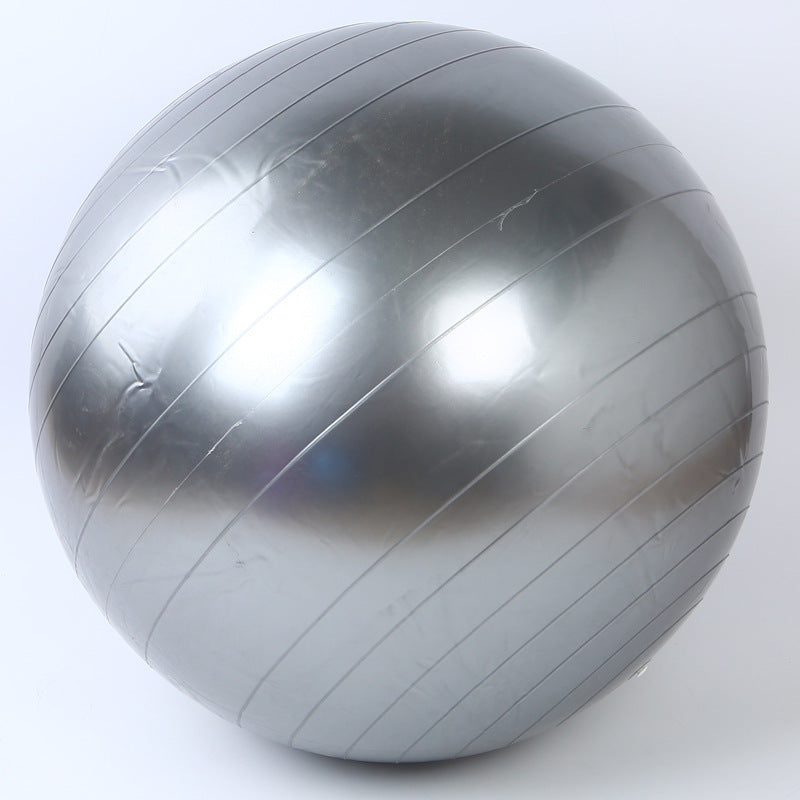The impacts of the circadian cycle on your health and how to optimize it
The impacts of the circadian cycle on your health and how to optimize it
Understanding the Circadian Cycle
The circadian cycle is a 24-hour biological rhythm that regulates many processes in our body, such as sleep, digestion, and hormones. This rhythm is influenced by external cues such as daylight and darkness, as well as internal factors.
Sleep plays a crucial role in the circadian cycle, allowing our bodies to rest and rejuvenate. During sleep, our brains consolidate memories, our immune systems strengthen, and our hormones regulate themselves. However, disruptions to the circadian cycle can have adverse effects on our health.
The importance of regular sleep
Regular, quality sleep is essential to keep our circadian rhythm in balance. It is recommended that adults get between 7 and 9 hours of sleep per night. Irregular sleep schedules or nights that are too short can disrupt our circadian rhythm and lead to health problems such as fatigue, depression, memory problems and mood disorders.
To optimize your sleep, it is recommended to go to bed and get up at regular times, even on weekends. Create a sleep-friendly environment in your bedroom by installing blackout curtains, using comfortable bedding, and avoiding bright screens before bed.
You can also practice relaxation techniques before bed, such as meditation or deep breathing, to promote restful sleep. If you have trouble falling asleep, avoid consuming caffeinated or alcoholic beverages a few hours before bed.
The impact of light on the circadian cycle
Light plays a vital role in regulating the circadian cycle. Daylight is perceived by our eyes and transmitted to our brain, which interprets this signal as the start of the day. This activates the production of cortisol, a hormone that helps us stay awake and alert.
In the evening, when the light decreases, our body begins to produce melatonin, a hormone that prepares us for sleep. However, excessive use of electronic devices such as smartphones and tablets, which emit blue light, can disrupt the production of melatonin and delay falling asleep.
To optimize your circadian cycle, try to spend time outdoors during the day to expose yourself to natural light. In the evening, limit your exposure to blue light by turning off screens at least an hour before bed. If you need to use electronics in the evening, use blue light filters or turn on night mode to reduce the impact on your circadian cycle.
Diet and Circadian Cycle
Your diet can also impact your circadian cycle and overall health. Certain foods and drinks can help regulate your circadian rhythm, while others can disrupt your sleep and hormonal balance.
Meals high in protein, fiber, and healthy fats, eaten throughout the day, can help maintain steady energy levels and prevent energy crashes and cravings. Avoid heavy or carbohydrate-rich meals in the evening, as these can disrupt your sleep and cause feelings of heaviness.
The importance of breakfast
Breakfast is often considered the most important meal of the day because it gives you the energy you need to start your day. A balanced breakfast, including protein, fiber, and healthy fats, can help regulate your blood sugar and prevent energy crashes later in the day.
Try to eat foods rich in tryptophan, an amino acid that promotes the production of serotonin and melatonin, such as eggs, nuts, and dairy products. Avoid foods high in caffeine and sugar, as these can disrupt your circadian rhythm and cause energy fluctuations.
It’s also important to eat regular meals throughout the day and avoid late-night snacking. When you skip meals or eat late at night, you disrupt your circadian cycle and digestion, which can lead to sleep and health problems.
The effect of hydration on the circadian cycle
Hydration is a crucial part of maintaining a healthy balance in our bodies. The circadian cycle is also affected by our hydration levels. Proper hydration can help regulate our body temperature, digestion, and sleep.
It’s recommended to drink about 8 glasses of water a day, but your hydration needs may vary depending on your weight, physical activity, and environment. Try to drink regularly throughout the day and avoid drinks that are high in caffeine or sugar, as these can cause energy spikes and disrupt your sleep.
If you're struggling to drink enough water throughout the day, try adding fruit slices or herbs to your water to give it more flavor. You can also opt for caffeine-free herbal teas or infusions to stay hydrated while promoting quality sleep.
The importance of physical exercise and relaxation
Regular exercise is essential to keep your circadian cycle in balance and promote quality sleep. When you engage in physical activity, your body releases endorphins, hormones that help you feel good and reduce stress.
Regular exercise also helps regulate your internal clock, signaling to your body that it’s time to stay awake during the day and rest at night. However, avoid exercising too close to bedtime, as this can stimulate your body and make it difficult to fall asleep.
Relaxation to promote restful sleep
In addition to exercise, relaxation is also important to optimize your circadian cycle and promote restful sleep. Relaxation techniques such as meditation, yoga, or deep breathing can help reduce stress, calm your mind, and prepare your body for rest.
Practice relaxation regularly, especially before bed, to signal to your body that it’s time to unwind and prepare for sleep. You can also create a calm, relaxing environment in your bedroom by using essential oil diffusers, playing soothing music, or using aromatherapy techniques.
In conclusion, your circadian cycle plays a crucial role in your overall health. By understanding the importance of regular sleep, light, nutrition, hydration, exercise, and relaxation, you can optimize your circadian cycle and promote better health and well-being.




Leave a comment
All comments are moderated before being published.
This site is protected by hCaptcha and the hCaptcha Privacy Policy and Terms of Service apply.